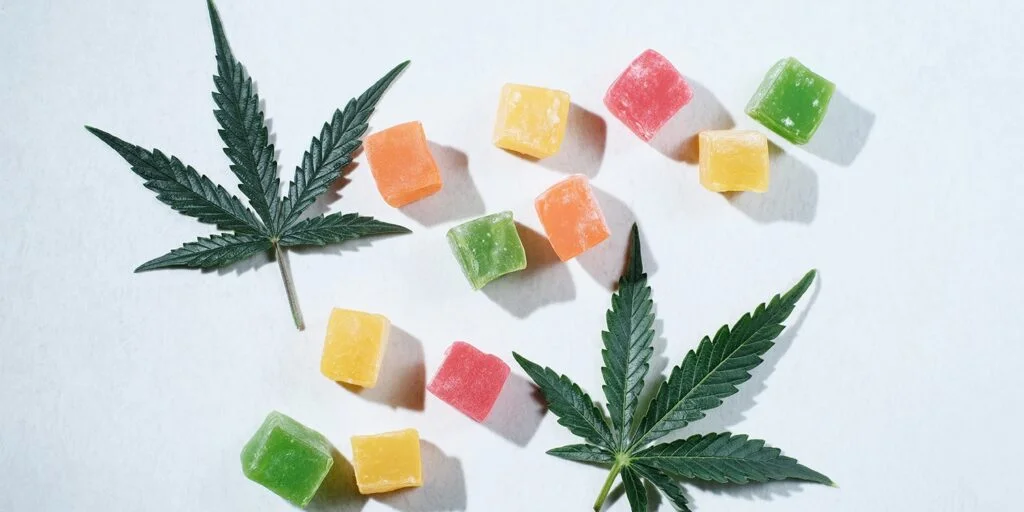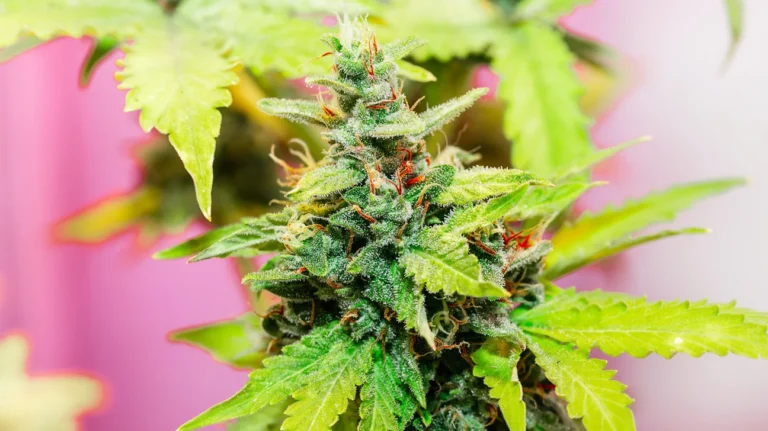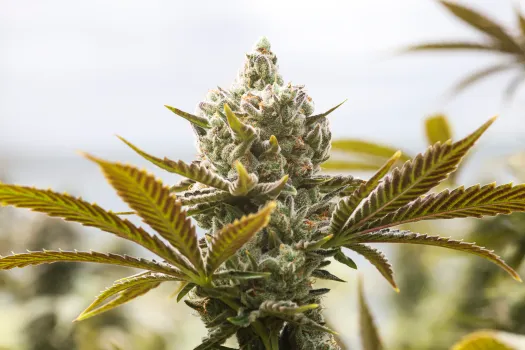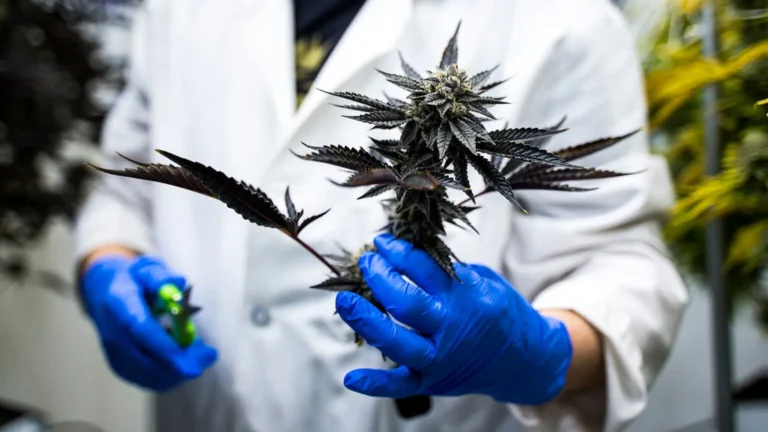Do Delta 9 Edibles Work
Delta 9-tetrahydrocannabinol (Delta 9 THC) is the main psychoactive compound in cannabis, responsible for the “high” commonly associated with marijuana. As cannabis use has evolved, Delta 9 edibles have gained significant popularity. But how do these edibles compare in effectiveness to other methods of cannabis consumption? This blog delves into the science behind Delta 9 edibles, examining their effects and why many users prefer them.
To understand the effectiveness of Delta 9 edibles, it’s important to look at how they interact with the body. Delta 9 THC influences the brain and central nervous system by binding to cannabinoid receptors. When smoked or vaped, the compound enters the bloodstream through the lungs, producing nearly immediate effects. In contrast, edibles follow a different path, offering a unique experience.
Do Delta 9 edibles work the same as smoking or vaping? The key difference is in how the body processes the THC. When you consume a Delta 9 edible, the THC goes through the digestive system and is metabolized by the liver. During this process, Delta 9 THC is transformed into 11-hydroxy-THC, a compound considered to be more potent and long-lasting. This conversion is why edibles often produce stronger and longer-lasting effects compared to smoking or vaping.

One of the most frequent questions about Delta 9 edibles concerns how quickly they take effect. The onset time can vary significantly from person to person, influenced by factors like metabolism, body weight, and whether the person has eaten recently. Typically, it takes anywhere from 30 minutes to 2 hours for users to feel the effects. This delay can sometimes cause users to unintentionally overconsume, thinking the edibles aren’t working when they simply haven’t kicked in yet.
The duration of the high from Delta 9 edibles also sets them apart from other methods of consumption. Edibles are known for providing effects that last longer, usually between 4 to 8 hours, and in some cases even longer. This extended effect is one reason many people turn to edibles for relief from chronic pain, anxiety, or insomnia, seeking sustained symptom management.
The potency of Delta 9 edibles is another key factor in their popularity. The way THC is metabolized after ingestion makes the high more intense compared to other forms of cannabis. Edibles offer a consistent and measurable dose, giving users more control over their experience. This makes them a favored option for both recreational and medicinal purposes, as users can better predict the effects.
However, the potency and delayed onset can be challenging, especially for those new to edibles. If taken in large quantities too quickly, the effects can become overwhelming. Starting with a low dose and waiting for the full effects to set in is essential for a more controlled experience, reducing the risk of overconsumption and ensuring a more pleasant high.
Another factor to consider is the formulation of the edibles themselves. Different types of edibles can affect how THC is absorbed by the body. For example, fat-based edibles like cookies or brownies may promote better absorption compared to other types, which is why it’s important to choose high-quality products from trusted vendors for consistency and reliability.
So, do Delta 9 edibles work? Both science and user experiences point to their effectiveness. Their unique processing in the body leads to a more potent and long-lasting high compared to other consumption methods. However, understanding how they work and using them responsibly, especially in terms of dosage and timing, is crucial to enjoying their benefits without the risk of overconsumption. As Delta 9 edibles continue to grow in popularity, knowing what to expect will help users make informed choices for the best possible experience.






